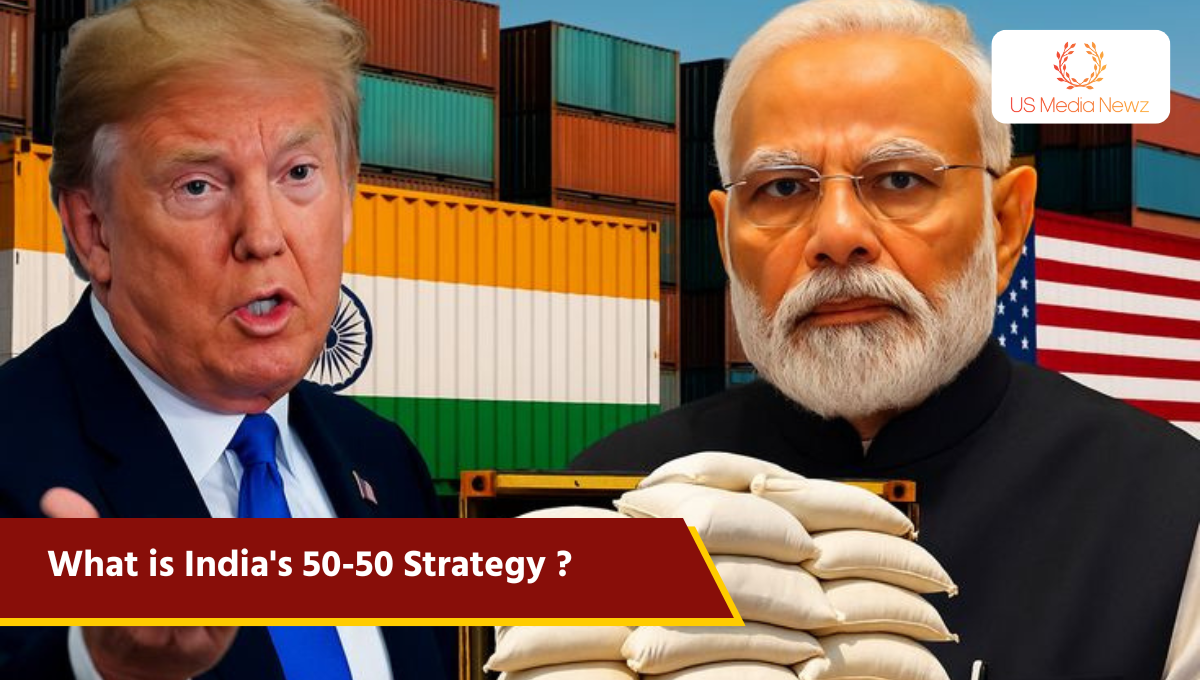Pioneering Pathways: How Renewable Energy Is Reshaping Global Economies
In a world increasingly vulnerable to the effects of climate change, the shift towards renewable energy is no longer just an option, but a necessity. Recent reports indicate a dramatic surge in global investments in wind and solar power, signaling a transformative era for global economies. This transition not only addresses pressing environmental concerns but also reveals intriguing economic patterns and opportunities for growth.
Countries are recognizing the economic potential of renewable energy, stepping beyond traditional fossil fuels. This pivot is not purely environmental; it is an economic strategy brimming with potential for new industries and job creation. Renewable energy sectors have reported exponential growth, surpassing expectations and setting the stage for economic revitalization. Leaders across the globe are now eyeing these sectors as the next frontier for economic development.
The numbers speak for themselves. The most recent data shines a light on records being smashed in investments in infrastructure and technology related to renewable sources. Notably, solar energy has garnered significant attention, with governments and private sectors pooling resources to make it accessible and efficient. This collaborative effort is setting off a ripple effect, reducing costs, and making these technologies more competitive against conventional energy sources.
As the world rides this wave of innovation, emerging markets are also beginning to shine. Countries traditionally burdened with energy deficiencies are rapidly rolling out solar and wind projects, altering their economic landscapes. By leveraging readily available natural resources, these nations are diminishing their reliance on imported fuels, thus improving energy security. This autonomy not only bolsters their economies but also empowers them to be active players in the global energy market.
In conclusion, the shift towards renewable energy is redefining the economic narrative, offering a beacon of hope for a sustainable and economically robust future. The ongoing transition presents an unparalleled opportunity for countries to not only mitigate environmental impacts but also to foster economic resiliency. As the landscape continues to evolve, embracing this change will be crucial for nations aiming to thrive in the new global economy.






